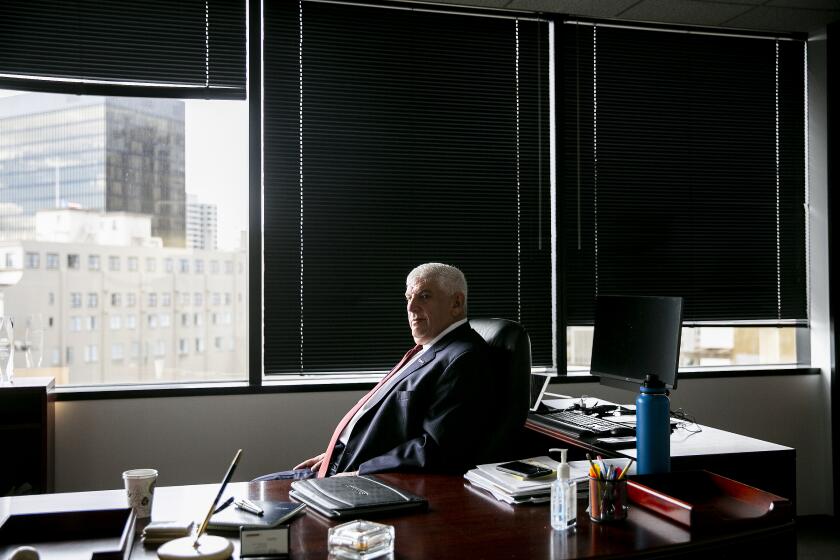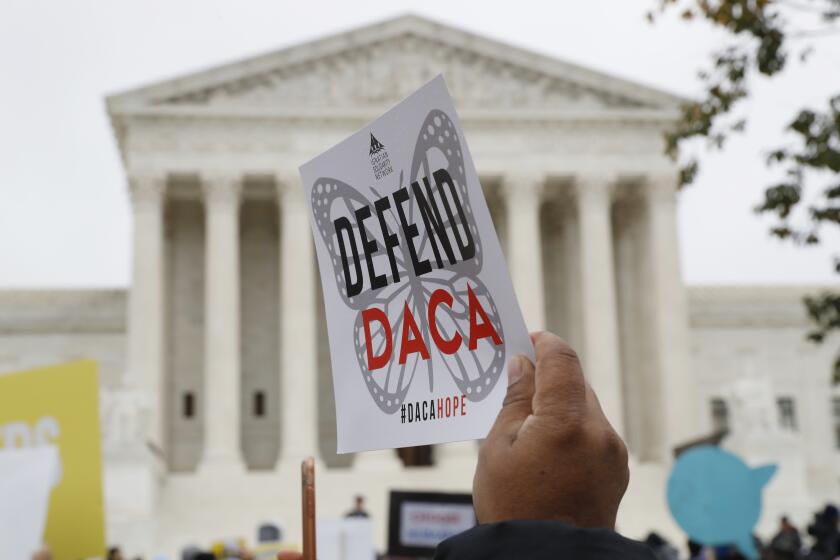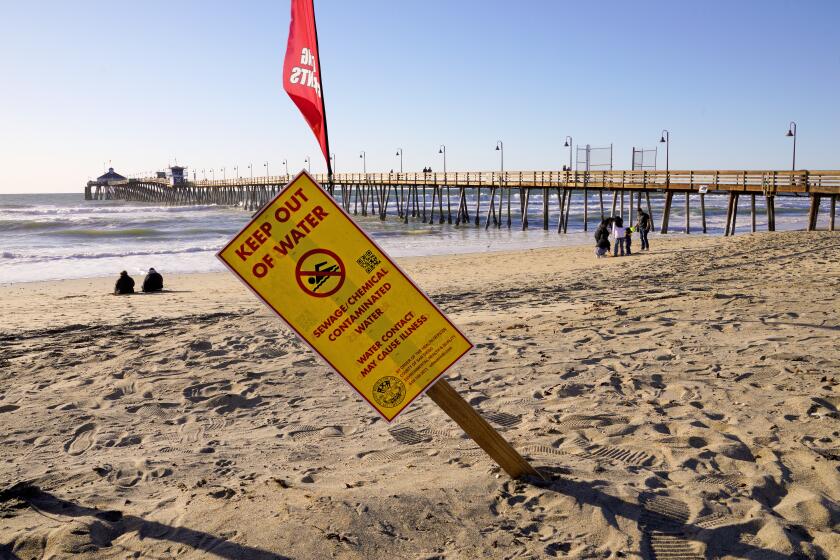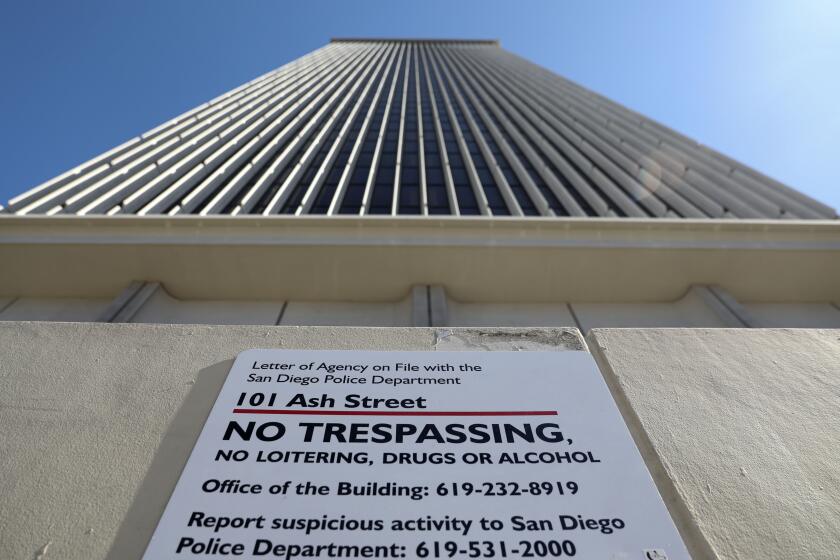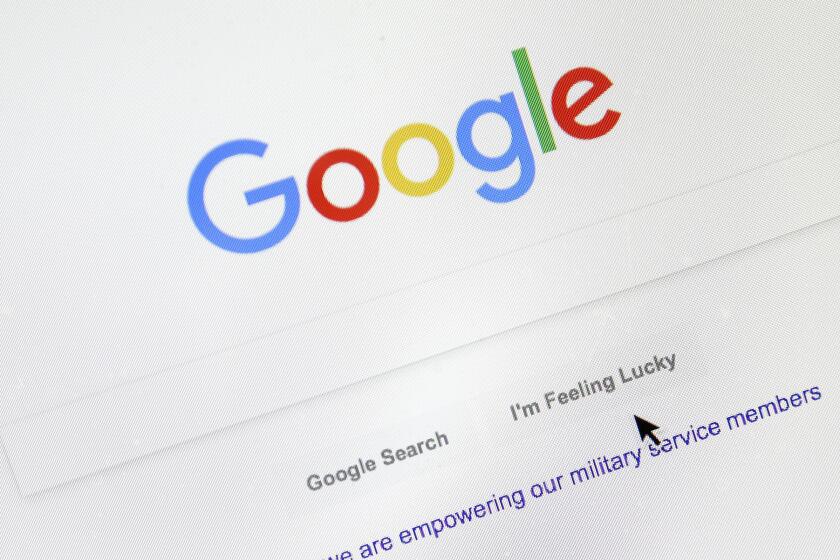Opinion: Four ways Joe Biden let down Americans in his first year, from the economy to COVID-19
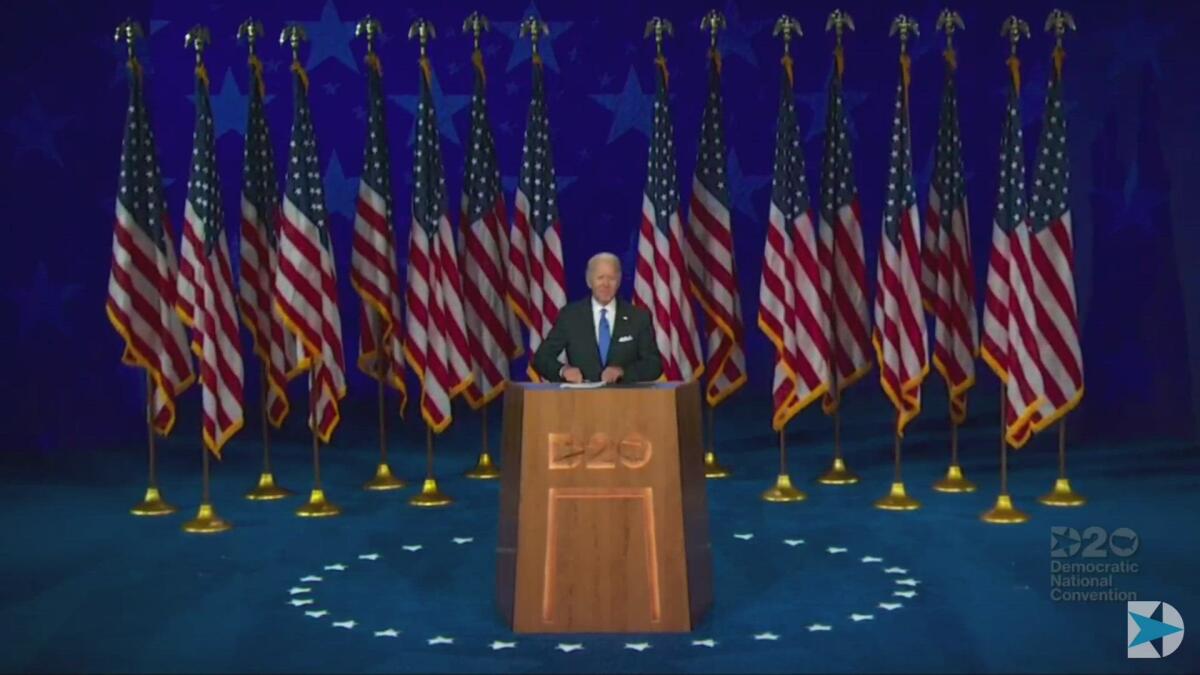
He had some clear and much-needed successes. But on inflation, Afghanistan, the border and the pandemic, his mistakes are plain.
The editorial board operates independently from the U-T newsroom but holds itself to similar ethical standards. We base our editorials and endorsements on reporting, interviews and rigorous debate, and strive for accuracy, fairness and civility in our section. Disagree? Let us know.
This story is for subscribers
We offer subscribers exclusive access to our best journalism.
Thank you for your support.
Joe Biden concluded his first year as the 46th president of the United States on Jan. 20 with polls showing most Americans view him unfavorably. This doesn’t just reflect the antipathy of die-hard conservatives and a relative handful of disappointed moderates and liberals. A poll conducted this month by The Associated Press-NORC Center for Public Affairs Research found only 48 percent of Democrats wanted Biden to seek re-election in 2024.
Is this fair or a rush to judgment? The San Diego Union-Tribune Editorial Board thinks it’s the latter.
He has clearly had some unalloyed successes.
As promised, Biden has brought a sense of normalcy back to American life after four years of Donald Trump’s civic circus. U.S. relationships with its traditional allies worldwide have likewise recovered.
Also as promised, Biden has created the most diverse administration in U.S. history. His Cabinet is the first to be a majority non-White and has the most women ever. For the first time, there are LGBTQ+ and Native American Cabinet members. The contrast with Trump — whose inner circle was almost entirely White men — is striking.
Biden has also, thankfully, abandoned Trump’s dastardly disinterest in the climate emergency. He’s made the U.S. once again a signatory to the Paris Accord and has committed to across-the-board efforts to limit the production of the greenhouse gases that have led to catastrophic wildfires in the West and to record temperature increases.
On four other crucial issues, a close look at categorical claims of success shows wins and losses.
—On the economy, Biden can tout big gains. Six million jobs were created in 2021 and unemployment fell from 6.2 percent when he took office to 3.9 percent, despite the Great Resignation and the persistence of the COVID-19 pandemic. On Thursday, the Commerce Department said the U.S. economy grew 5.7 percent in 2021 — the best growth since 1984.
So why isn’t Biden benefiting more from such strong numbers? Because annual inflation is at a 40-year high of 7 percent. In 2021, average hourly pay went up 4.7 percent — a figure that would normally be considered outstanding. But workers actually lost ground because their paychecks bought less.
There is no simple explanation for this inflation. The $1.9 trillion pandemic relief bill passed in March created a huge swell of new spending. But the worker shortage led to supply-chain problems that produced a surge in food and vehicle costs and a shortage of consumer products, allowing sellers to charge more — cravenly, Biden believes.
Biden can also say the problem’s roots are deep. As many analysts have pointed out, Republicans eagerly voted for huge stimulus measures in 2020 when the measures were seen as helping Trump, which helped set the stage for 2021’s inflation surge. And many people who are now shocked by $10 burritos and $6 burgers at drive-through restaurants supported large increases in the minimum wage.
But whatever the cause, persistent inflation has an insidious effect on the American psyche. Younger voters are getting a taste of why the late 1970s and early 1980s were so disillusioning; it wasn’t just the aftermath of Watergate and the Vietnam War.
—Speaking of war, criticism of Biden’s hasty U.S. troop withdrawal after 20 long years in Afghanistan is warranted even if it was past time to leave. The deaths of 13 military members during the exit, the American failure to fully live up to promises to bring Afghans who had assisted in the U.S. war effort to safety, and the instant collapse of the civilian government that Washington had propped up for two decades led to brutal criticism not only from elected Republicans and conservative media but also the bipartisan U.S. foreign policy establishment.
Yet this is the same establishment that largely defended George W. Bush’s disastrous decisions to invade Afghanistan in 2001 and Iraq in 2003 and try to remake them with Western values. The messiness of the U.S. departure from Afghanistan was plain to see. But the cold, hard truth remains: The U.S. mission never had a slight chance of succeeding. Ultimately, Biden was right to bring U.S. troops home even if he botched the execution of it.
—On the border, Biden’s approach has been even more bumbling. It’s hard to defend him on this issue because he has been inconsistent to the point of incoherence. He has smartly ended many of Trump’s cruel policies, sharply increased the number of refugees the U.S. accepts and renewed a push for comprehensive immigration reform, angering conservatives whose knee-jerk view is always that Biden is pursuing a de facto “open borders” policy.
But those who support a humane immigration policy are rightly flabbergasted by Biden’s flip-flopping on Trump’s callous “Remain in Mexico” initiative, which requires asylum seekers to wait in squalid, crime-ridden camps in Tijuana as their cases are processed. Biden moved to cancel “Remain in Mexico” when he took office. Yet after a federal judge ruled he had done so in an illegal, precipitous fashion, Biden expanded the categories of asylum-seekers subject to “Remain in Mexico” treatment and kept the program alive while fighting it in court.
—Finally, on the pandemic, any assessment of Biden should be nuanced. He deserves credit for the fact that 210 million Americans are fully vaccinated — 63 percent of the U.S. population — prompting COVID-19 death rates to plunge. That’s an impressive feat, given the staggering extent of conspiratorial disinformation about the vaccines. And most recently, he deserves credit for getting free rapid antigen tests into U.S. mailboxes so quickly after announcing he would provide four per household.
But that success only underscores that this should have happened sooner. Despite there being more COVID-19 deaths in 2021 than in 2020, it was only recently that the White House made the provision of N95 masks and free home COVID-19 tests a priority. In an alternate world, far fewer Americans would have died had Biden used the Defense Production Act to compel the manufacture of desperately needed goods, including home COVID-19 tests and the N95 masks used by health workers that are much more effective than cloth and surgical masks.
The White House’s embrace of booster shots — the third doses of the Pfizer-BioNTech and Moderna vaccines — was also slow. The decision to push boosters wasn’t made until months after studies of patients in the U.S., Israel and the United Kingdom showed that the effectiveness of the vaccines faded over time. That there would be “breakthough infections” of the fully vaccinated was apparent well before Biden declared on July 21 that “You’re not going to get COVID if you have these vaccinations.”
Biden’s first year may not be what anybody had hoped. But he can have a better second year and a successful presidency if he focuses on an agenda that starts with long-term planning to cope with the climate emergency, responds better to the pandemic and reins in inflation. A more coherent, better-explained immigration policy is also vital. Given the likelihood of a Republican takeover of Congress in January, Biden may have to piecemeal his bold, stalled domestic initiatives (including voting reform) to get any enacted. Every American won’t — but should — hope he meets the challenges ahead.
Get Essential San Diego, weekday mornings
Get top headlines from the Union-Tribune in your inbox weekday mornings, including top news, local, sports, business, entertainment and opinion.
You may occasionally receive promotional content from the San Diego Union-Tribune.



